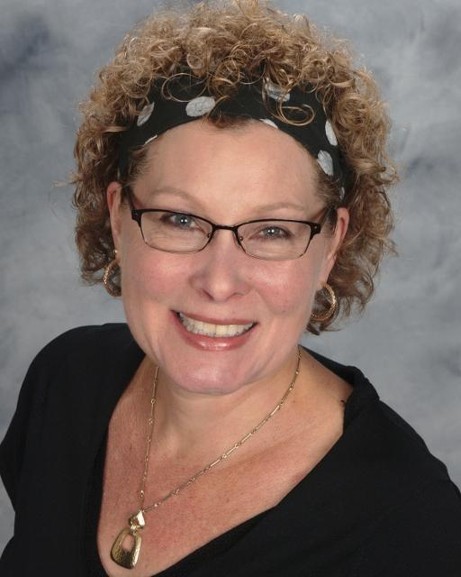
Robin Lin Miller
2025
Michigan State University
Professor

Biographical Abstracts
Robin Lin Miller, Ph.D., is a professor of psychology, director of doctoral training in ecological-community psychology, and associate director of training in program evaluation at Michigan State University. She served as lead evaluation specialist for Gay Men’s Health Crisis in the early years of the HIV epidemic and established its first Department of Evaluation. She specializes in evaluating community-led programs, including human rights and advocacy initiatives. Her evaluations—principally conducted in the United States, Africa, and Caribbean—focus on adolescent and Black gay and bisexual men, bisexual girls, transgender women, and male sex workers. She served as lead scientist on the American Psychological Association’s Task Force on Therapeutic Approaches to Sexual Orientation Distress, which is routinely cited in legislation banning conversion therapy practices. Awards include the 2023 Alva and Gunnar Myrdal Evaluation Practice Award from the American Evaluation Association for substantive cumulative contributions to the development of LGBTQ evaluation practice and the 2022 Exemplary Project W. K. Kellogg Foundation Community Engagement Scholarship Award for evaluating human rights advocacy for LGBTQ people in Africa and the Caribbean. She is the author of more than 100 scholarly publications, including Breaking Barriers: Sexual and Gender Minority-led Advocacy to End AIDS in Africa and the Caribbean, published by Oxford University Press and co-authored with activist-scholar George Ayala. Past funders include AmFAR, the U.S. Centers for Disease Control and Prevention, National Institute of Mental Health, National Institute of Drug Abuse, the Eunice Kennedy Shriver National Institute of Child Health and Development, and the U.S. Department of State.
Areas of Expertise
- Access to HIV prevention and care services
- LGBTQ human rights and community-led movements
- Program evaluation theory and practice
- Sexual and gender minority health
